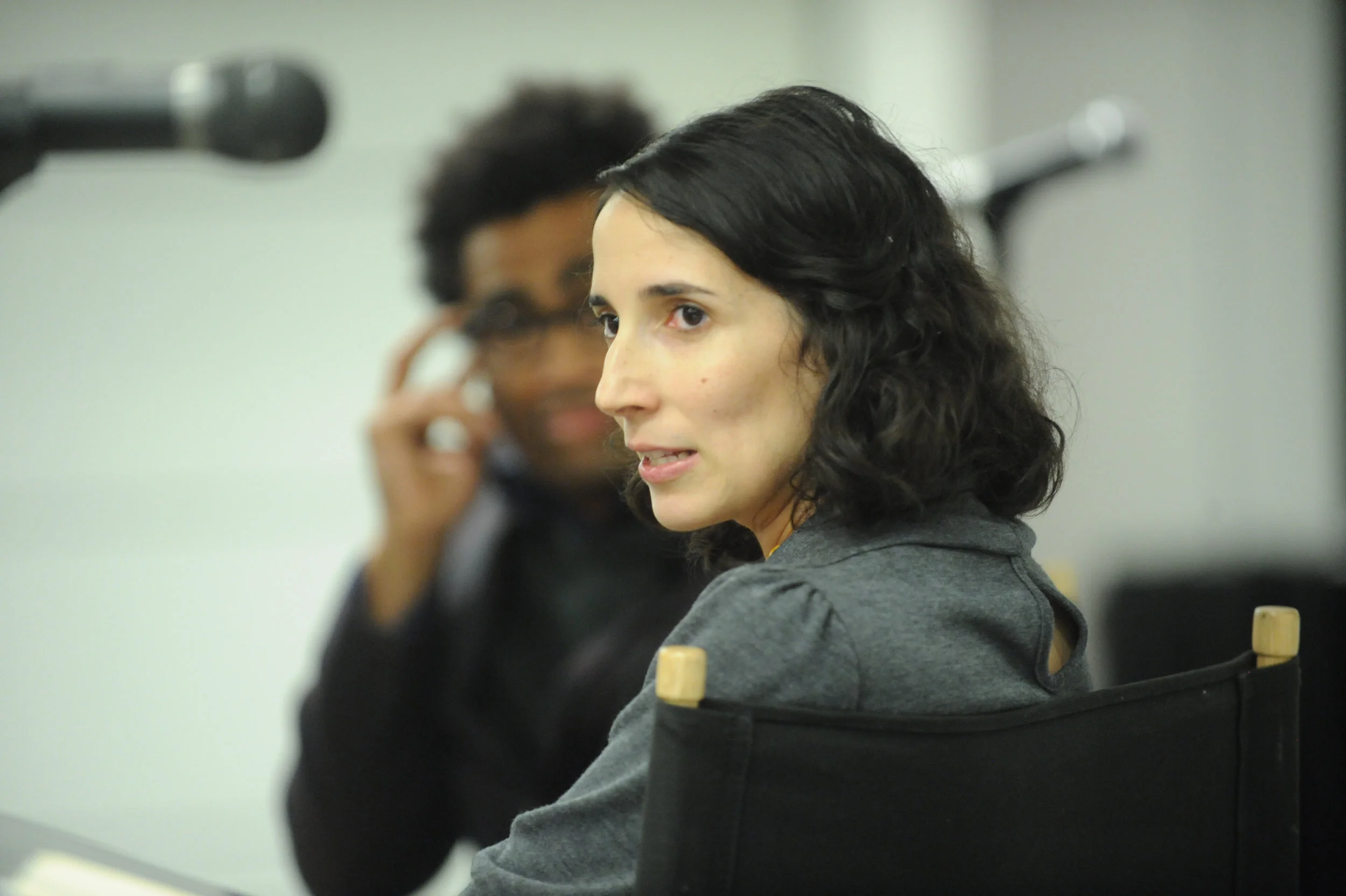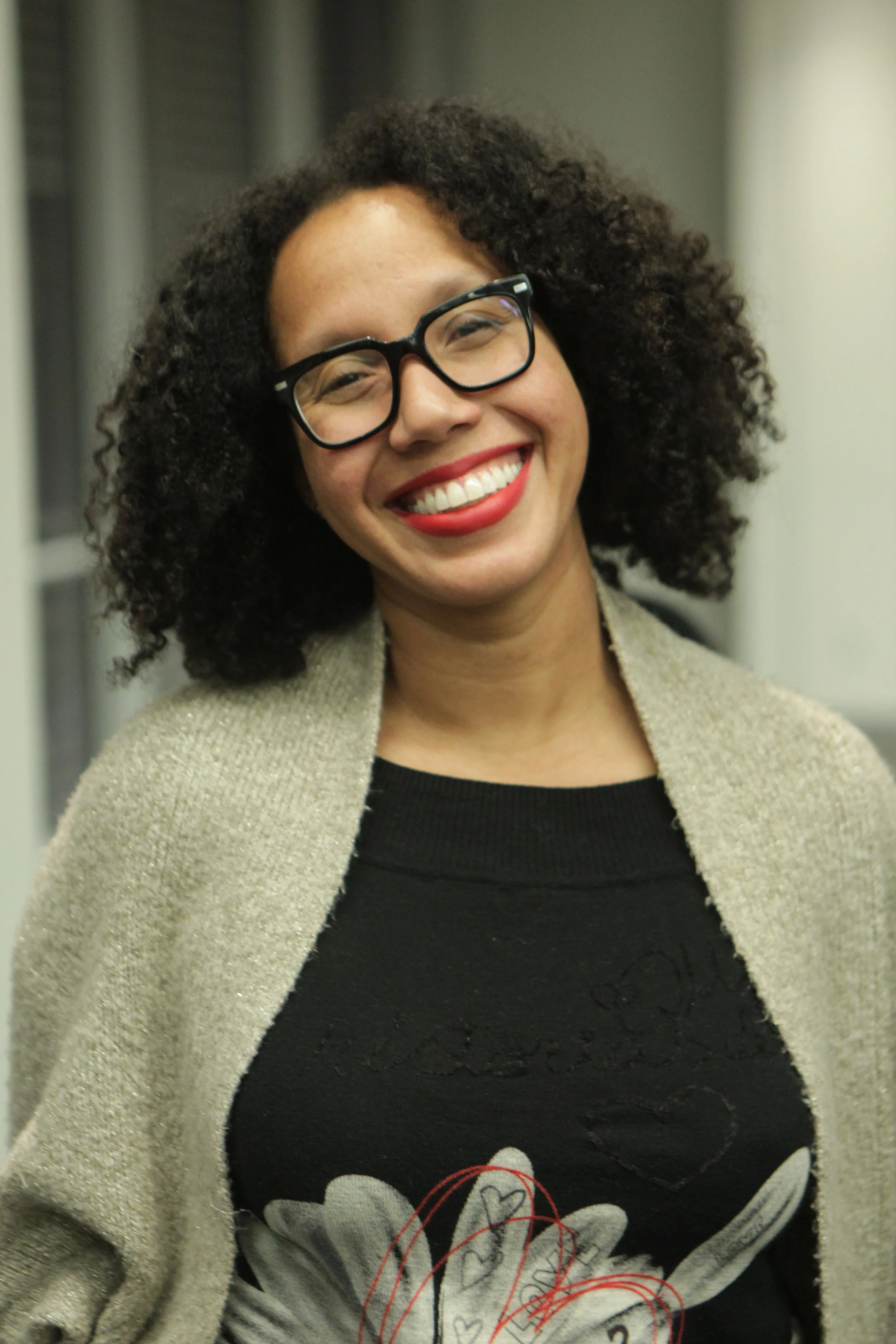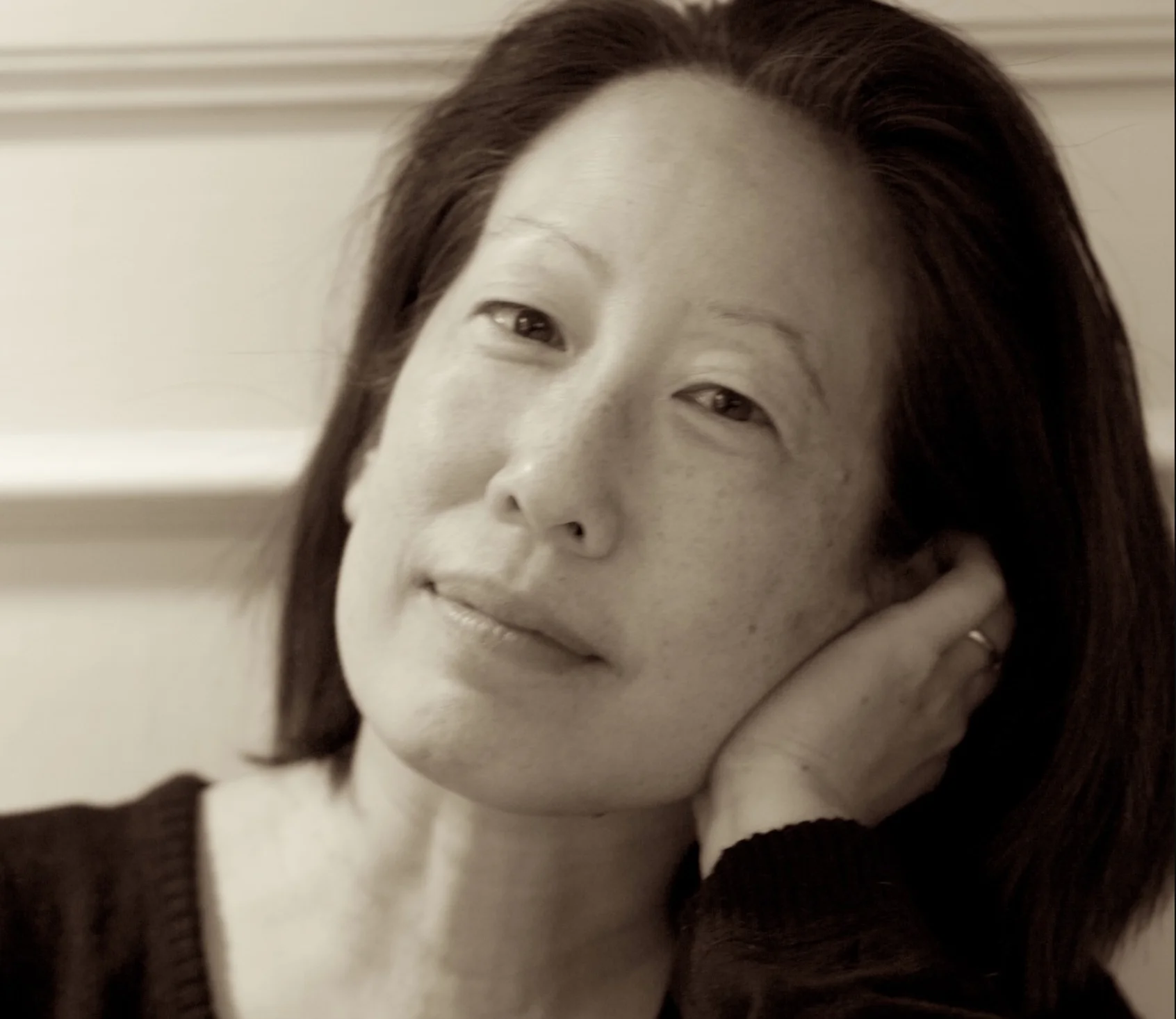The first thing I tell my students is that they must write bravely. That means writing towards the things that most make you uncomfortable—and part of why that is brave is mostly because it’s not easy. Brave writing means failing a lot of the time—even when writing well, there will be failures in the work. I teach a class on writing toward the unfamiliar, the un-organic, writing what you don’t know. When we are in a position of power with what we don’t know (a male writer writing women characters, for example) the work is much, much greater. This is not only an ethical issue, though I do think writers should have some personal ethics (just like doctors or hair dressers or any human being), but this is an issue of craft.
An Interview with Tiphanie Yanique
The first thing I tell my students is that they must write bravely. That means writing towards the things that most make you uncomfortable—and part of why that is brave is mostly because it’s not easy. Brave writing means failing a lot of the time—even when writing well, there will be failures in the work. I teach a class on writing toward the unfamiliar, the un-organic, writing what you don’t know. When we are in a position of power with what we don’t know (a male writer writing women characters, for example) the work is much, much greater. This is not only an ethical issue, though I do think writers should have some personal ethics (just like doctors or hair dressers or any human being), but this is an issue of craft.
An Interview With Gish Jen
While the immediate midwives of my book were white, I must note that the head of Knopf, Sonny Mehta, is not. Whether that has had any influence on my editor, or on the many people I have worked with over the years—people who are hugely educated and open-minded and curious in any case—I don't know. But for whatever reason, I was in no way discouraged from challenging the status quo.







